Aerospace Engineering and Engineering Mechanics
-
Stay Hydrated: New Sensor Knows When You Need a Drink
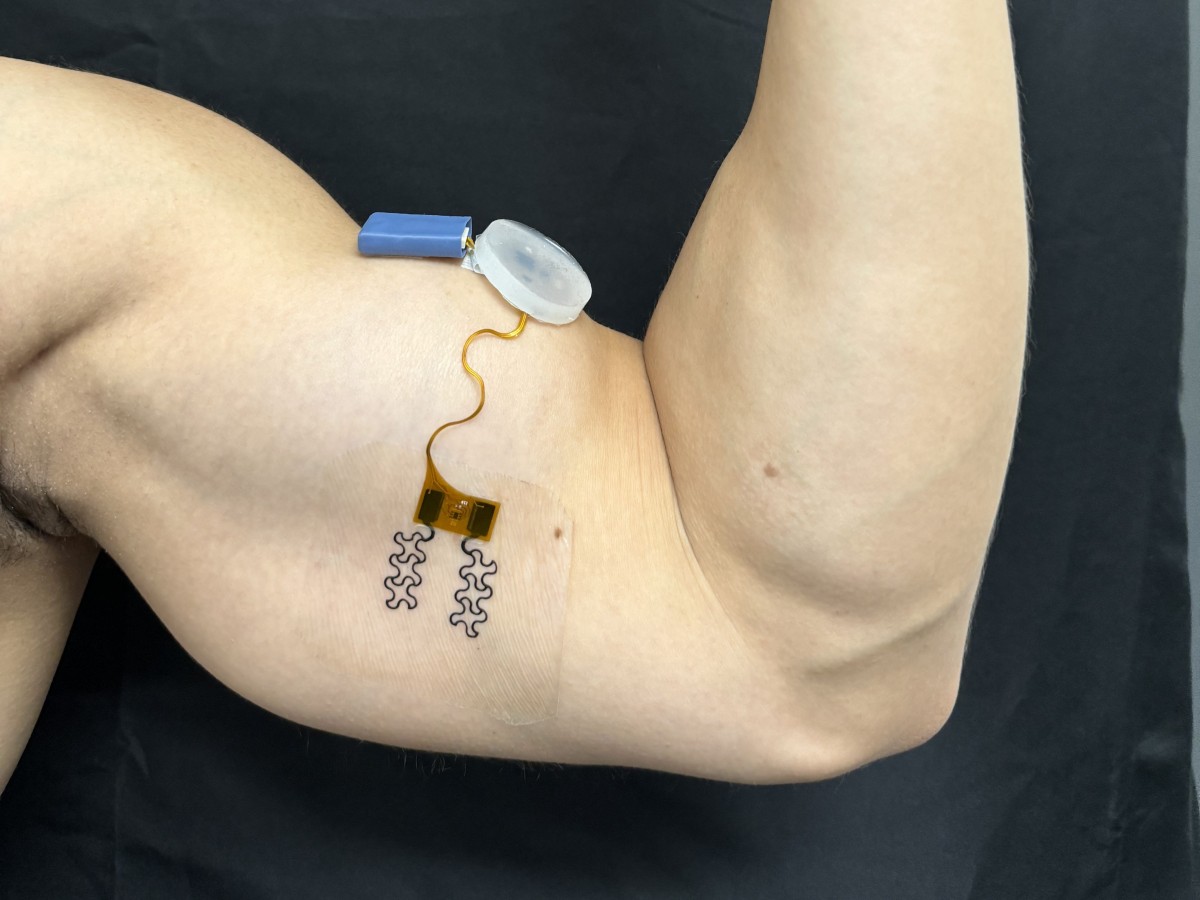
Researchers from The University of Texas at Austin invented a new non-invasive, wearable sensor designed to measure a user's hydration levels continuously, in real time.
-
Willcox Wins Japan Computational Engineering Award
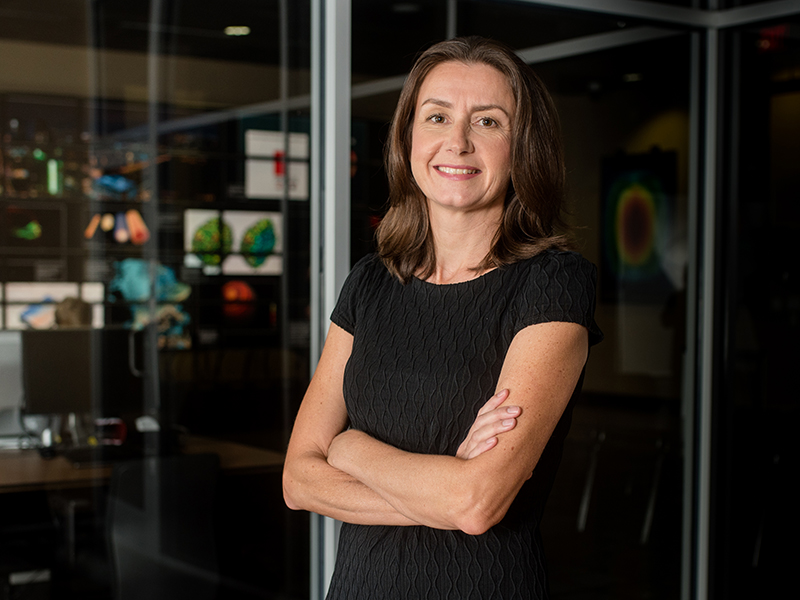
Texas Engineer Karen Willcox has been awarded the 2024 Grand Prize by the Japan Society for Computational Engineering and Sciences (JSCES), becoming the first woman to win the award in its 30-year history.
Published by the Oden Institute for Computational Engineering and Sciences
-
Space Laser Tech Maps Mysterious Nearshore Terrain
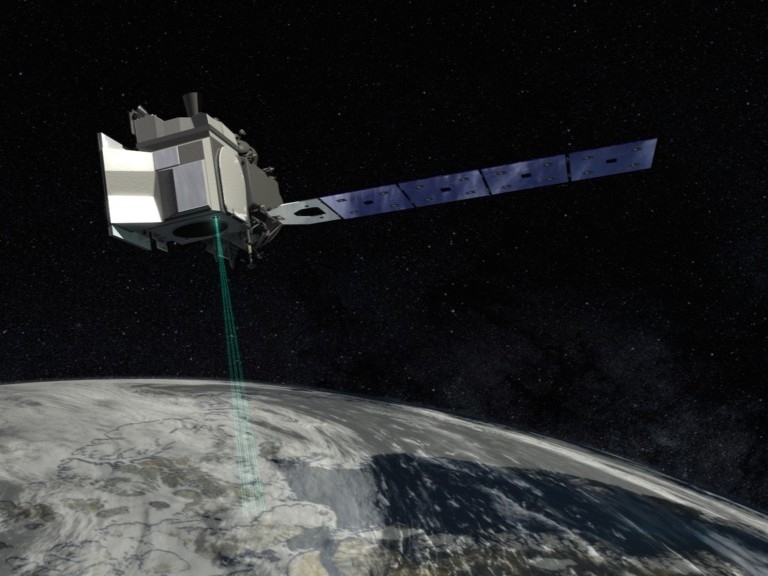
Researchers from The University of Texas at Austin and Oregon State University developed a new technology that uses satellites in space to map the tricky waters just off coastal shores.
-
Stressed or Bored at Work? New Electronic Tattoo Can Help
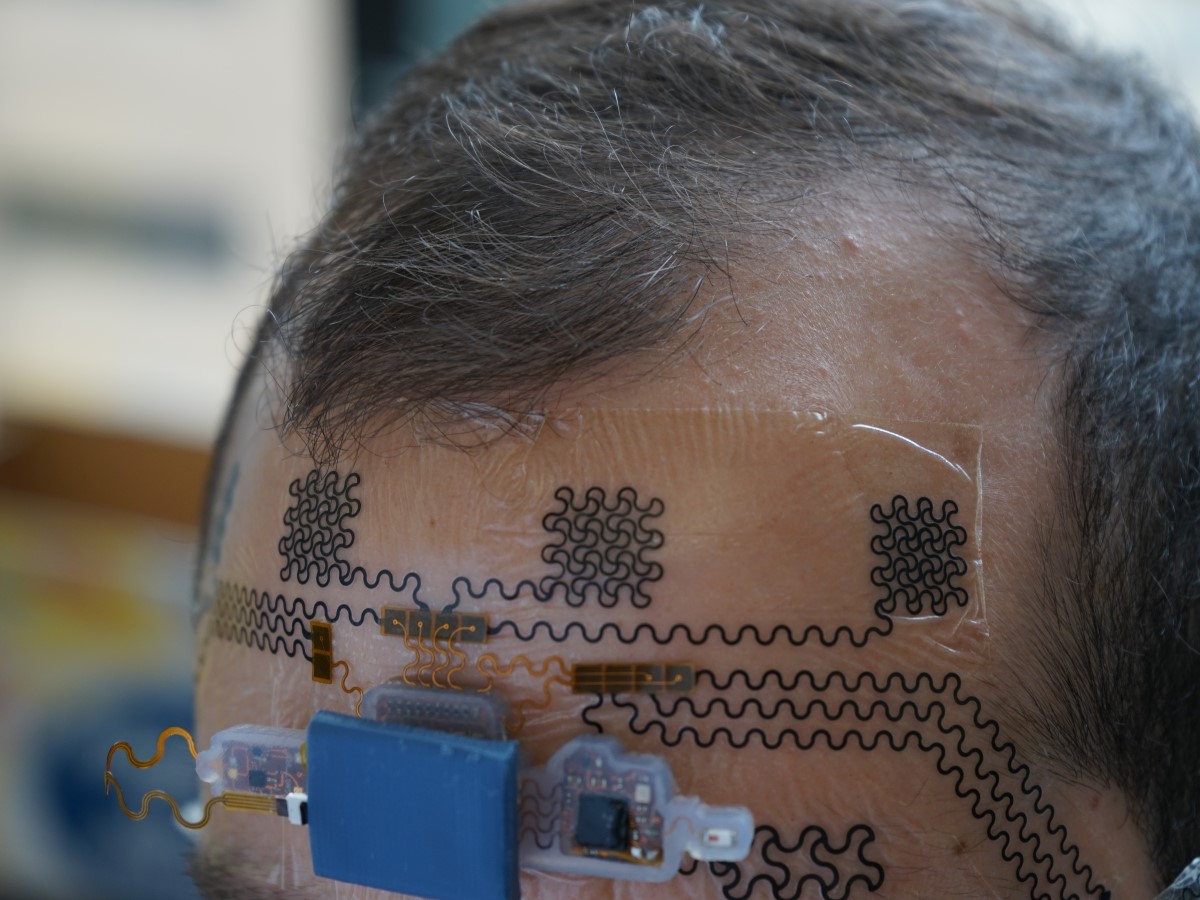
A new wireless forehead e-tattoo created by Texas Engineers decodes brainwaves to measure mental strain without bulky headgear.
-
Engineering with Heart

Rausch and his students have partnered with the Science Mill for the past three years to provide workshops for kids in the Hill Country. This year’s workshop earlier this month focused on the most vital and complex organ: the heart.
-
Making a Moon Mission
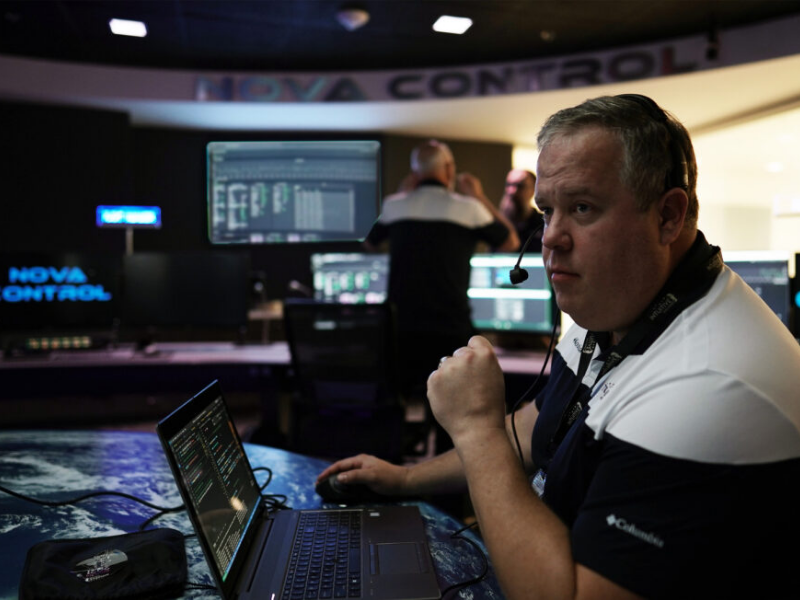
For the first time in over 50 years, an American spacecraft has landed on the Moon. Overnight, the lunar lander Odysseus—called Odie for short—became a household name.
-
'It's Not Win or Lose, it's Win or Learn': Bold Leaders Give Advice to the Next Generation
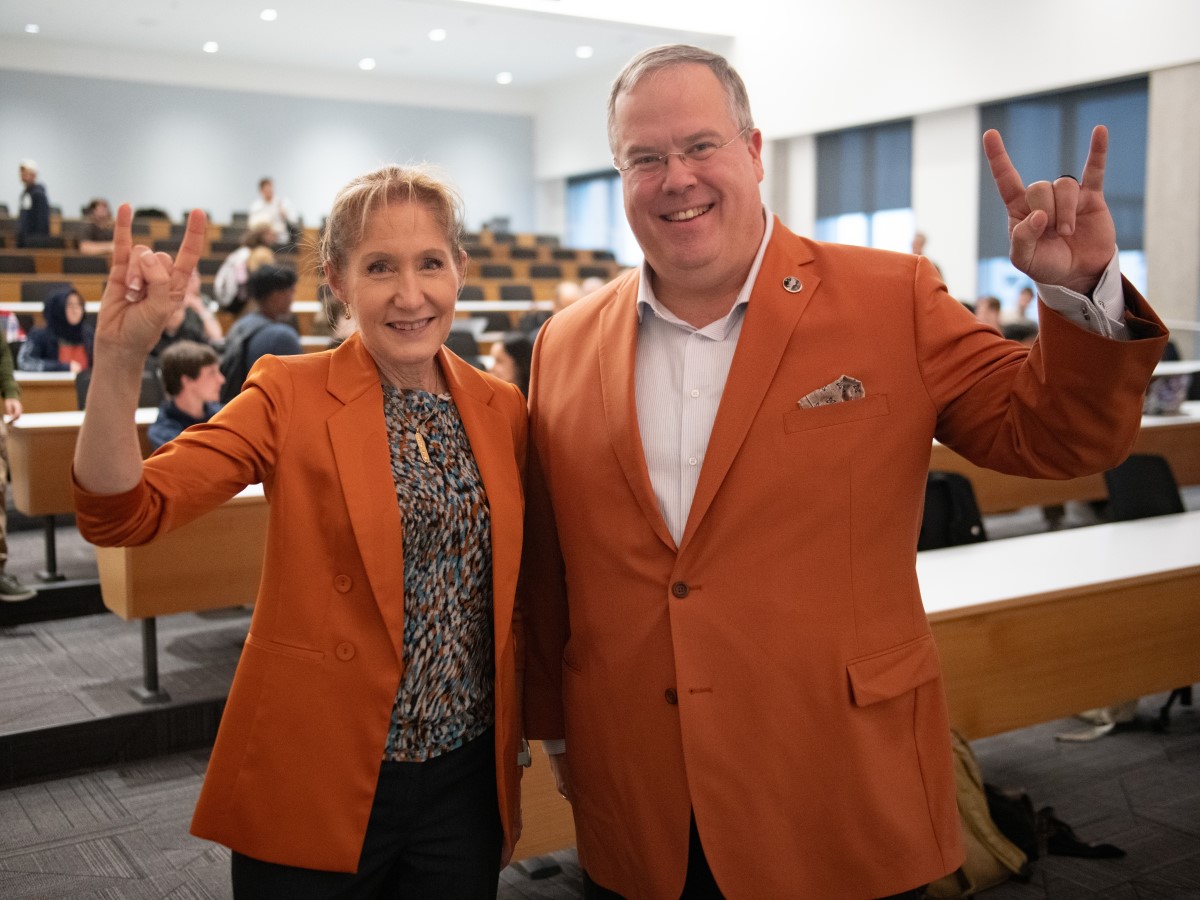
Trailblazing fighter pilot Jeannie Leavitt and leader of the first U.S. moon mission in 50 years Tim Crain tell future generations what they learned on their journeys.
-
Printed E-tattoo Ink-credible at Reading Brainwaves
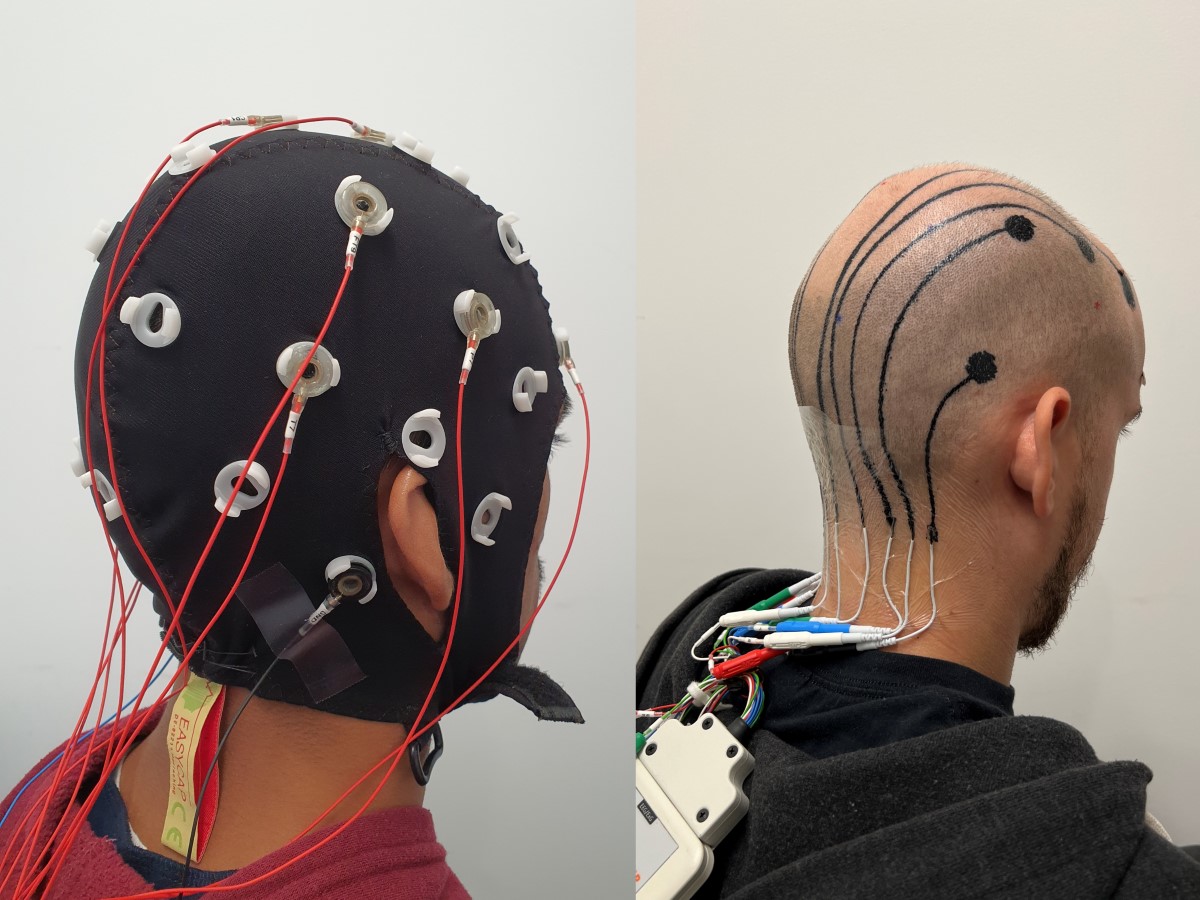
Texas Engineers developed electronic tattoos using conductive ink that can be printed directly on the surface of a patient's head and measure their brainwaves.
-
Aerospace Engineer Maruthi Akella’s Cosmic Milestone
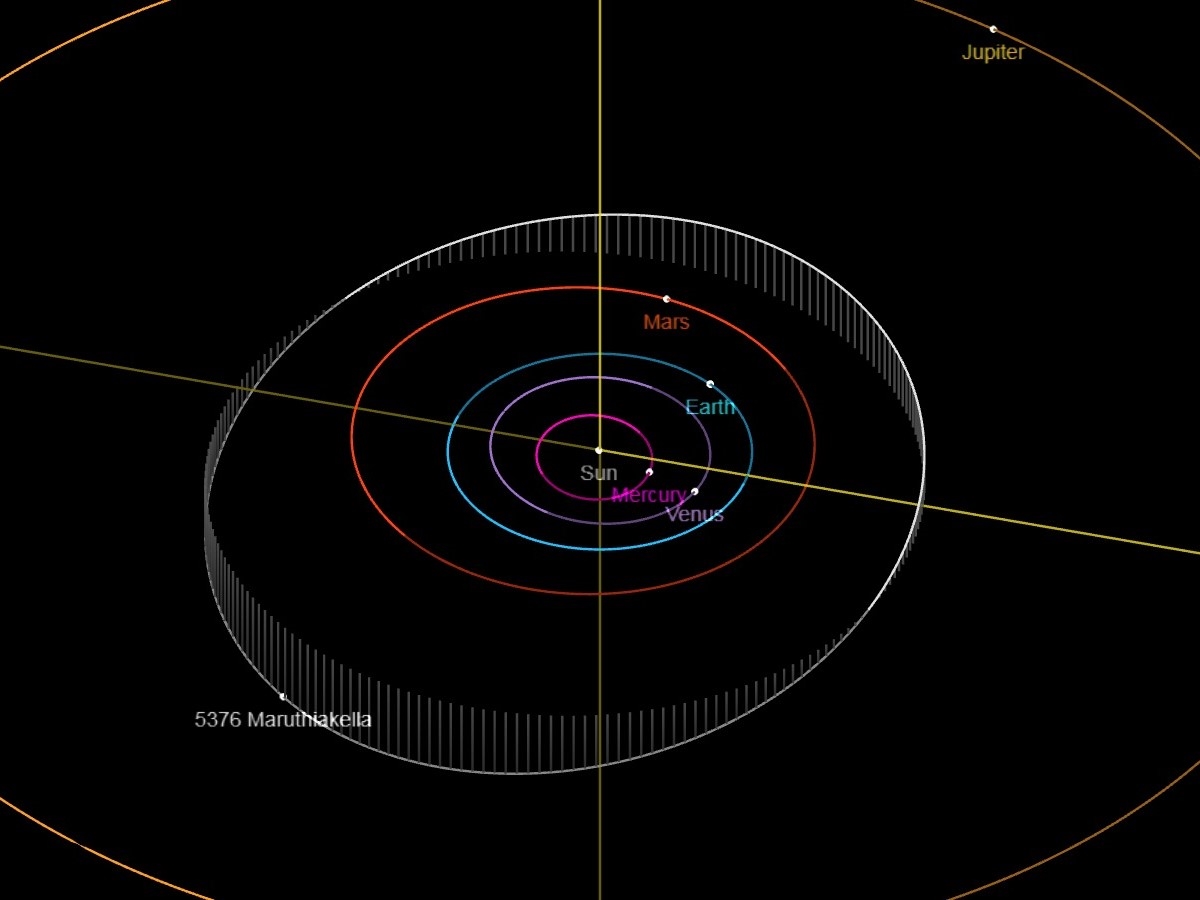
Maruthi Akella recently had an asteroid named for him, a rare honor that includes a rigorous selection process led by an international organization.
-
Subtle Sinking of Gulf Coast Poses Substantial Flood Risks
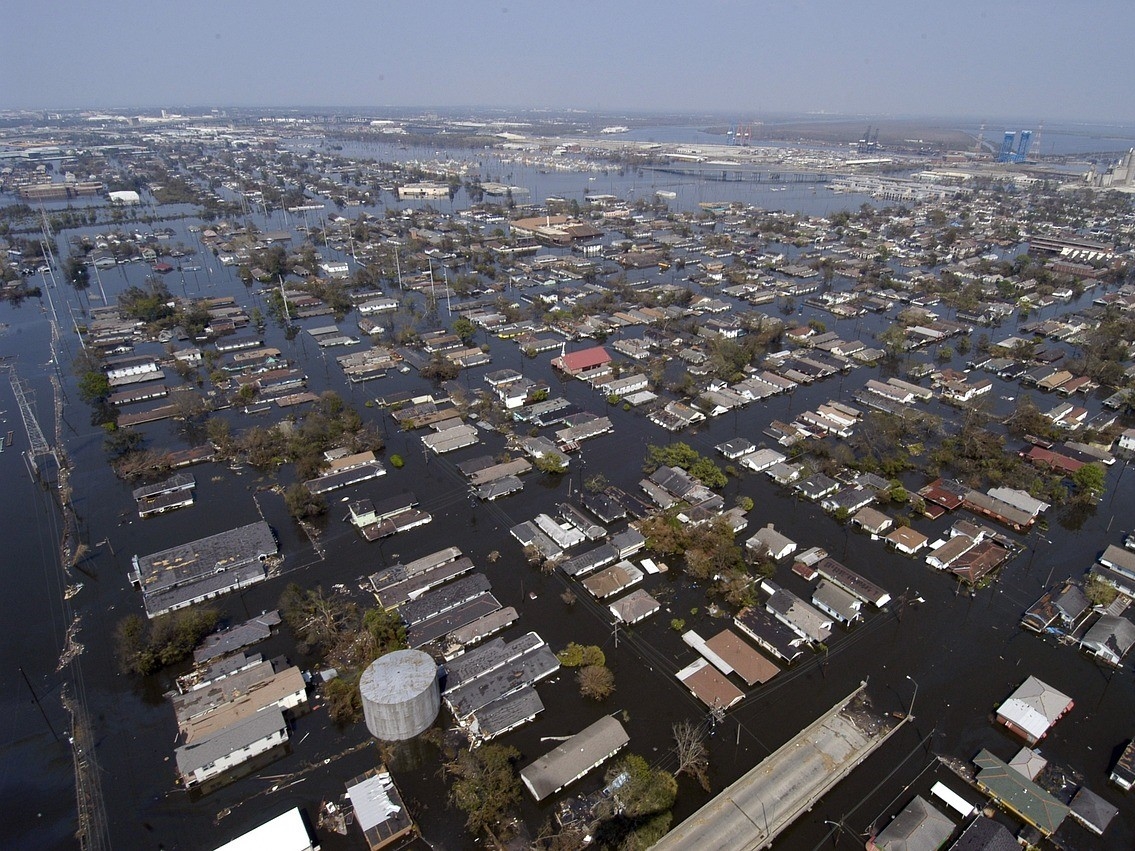
Researchers mapped nearly 51,000 square miles of the Texas and Louisiana Gulf Coast using advanced satellite technology and found widespread land subsidence that was previously too difficult to detect.
-
Computational Sciences Pioneer Mary Wheeler Retires
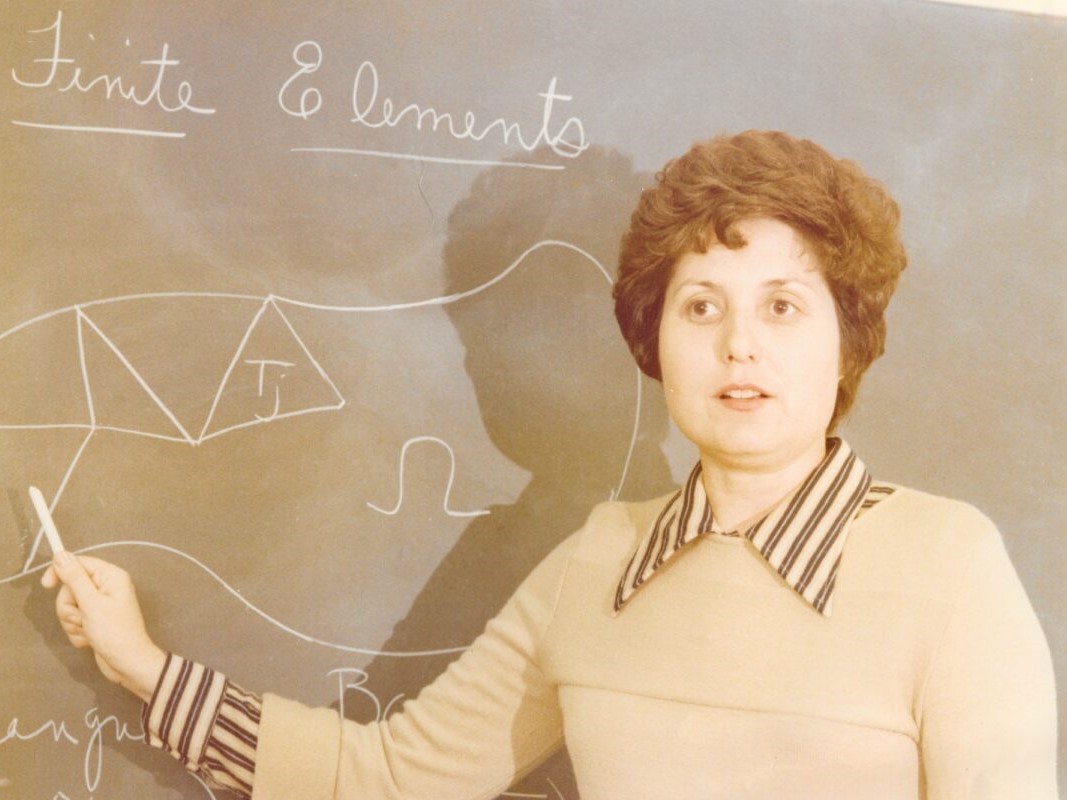
Mary Wheeler broke glass ceilings and scientific barriers in her more than five-decade career in applied mathematics, computational science and petroleum engineering.
-
Texas Engineers Part of Huge NSF Semiconductor Program
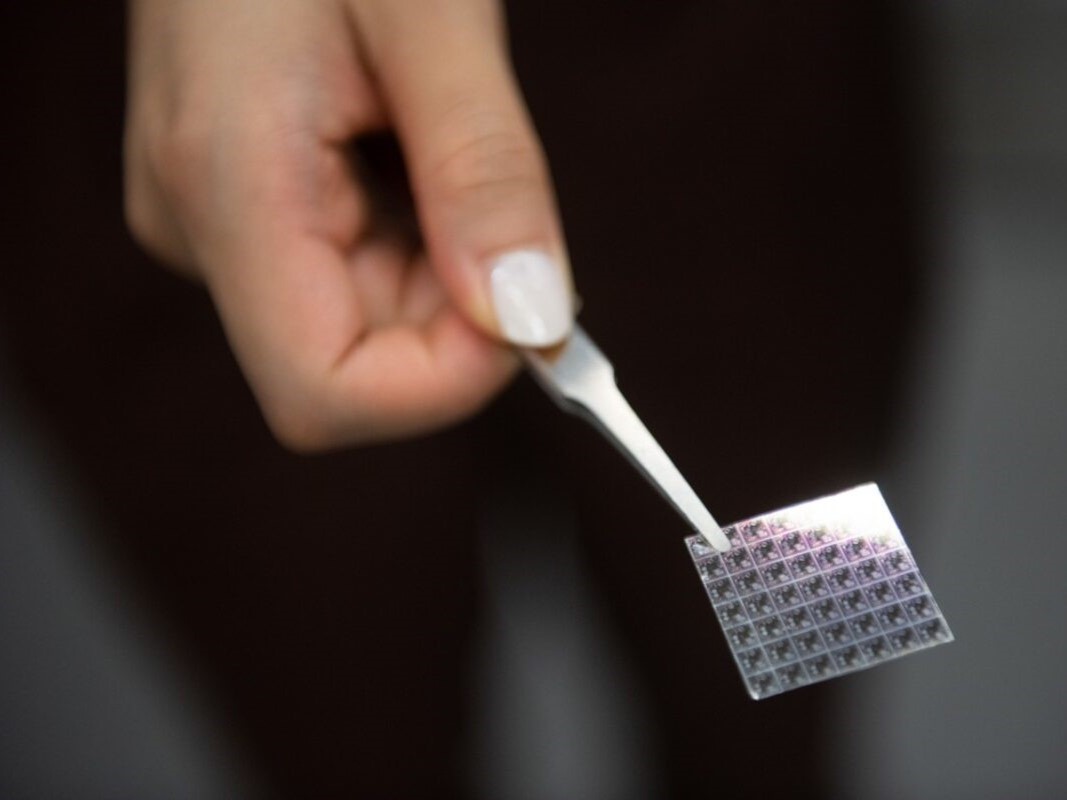
Texas Engineers will develop next-generation semiconductor technologies as part of a collaboration of the National Science Foundation and leading industry companies.
-
Could Hydrogen, Ammonia Blends Become the Key to Clean Electricity?
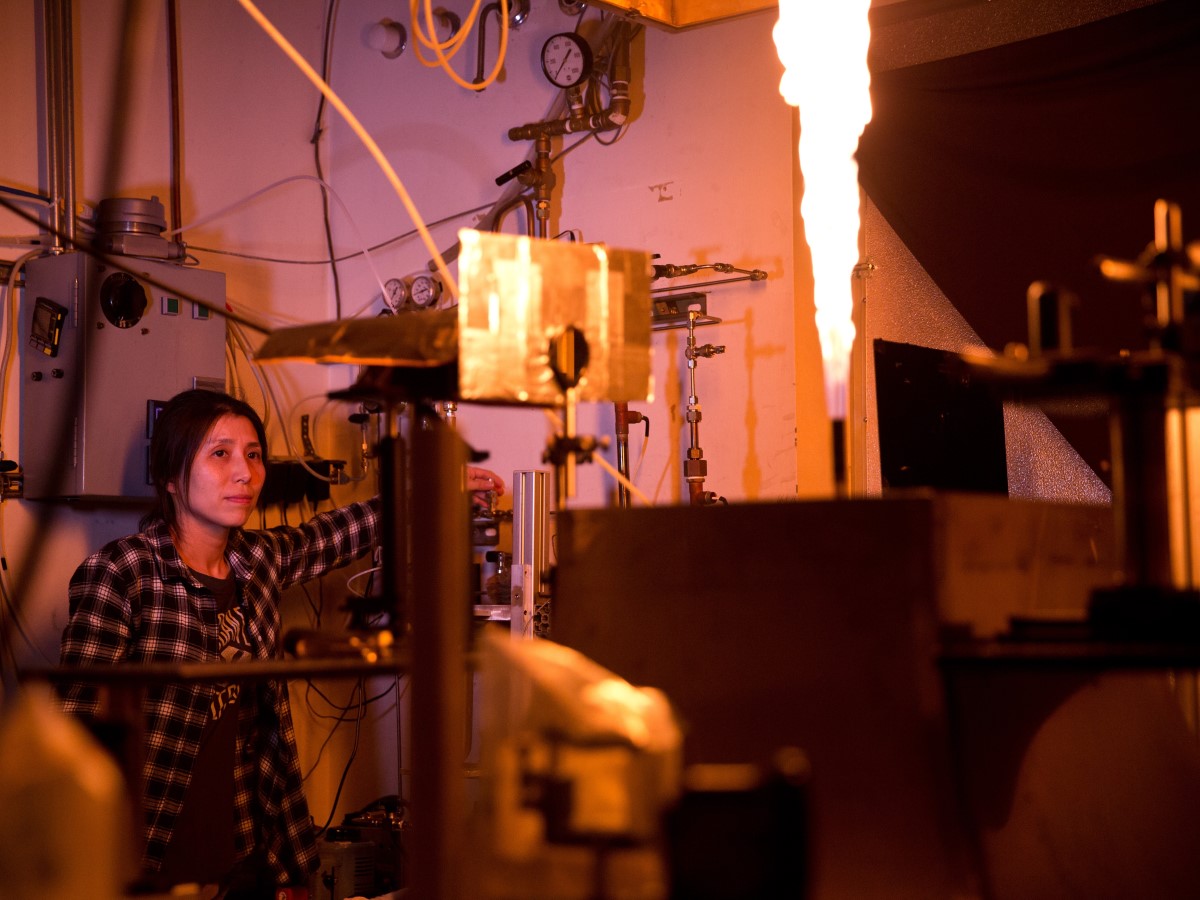
Texas Engineers are combining hydrogen and ammonia, which are in many ways natural complements, as a potential source for generating carbon-free electricity
-
Srinivas Bettadpur Wins Whitten Medal for Earth Dynamics Research
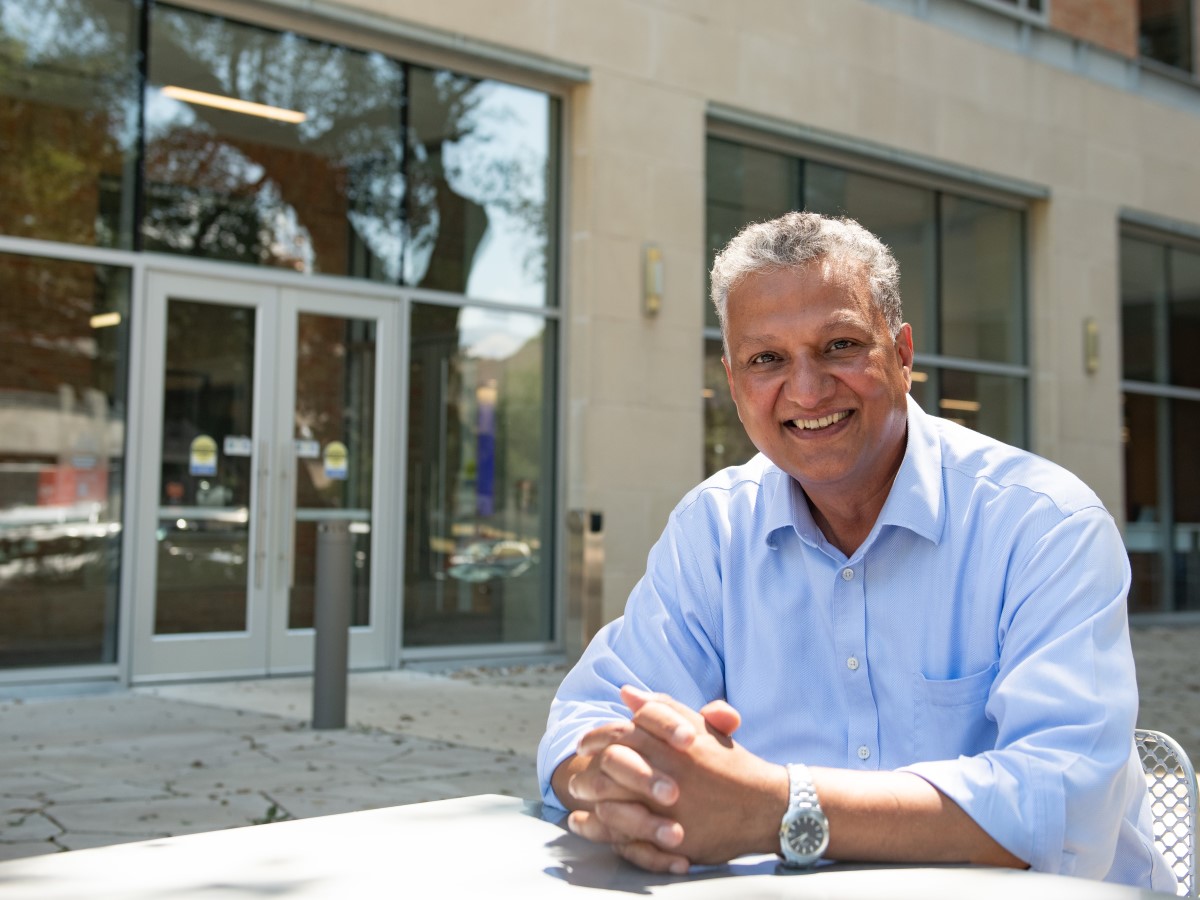
Srinivas Bettadpur, a professor in the Department of Aerospace Engineering and Engineering Mechanics at The University of Texas at Austin, is the recipient of the 2024 American Geophysical Union (AGU) Charles A. Whitten Medal.
-
How Did Life Begin? A Shocking New Twist

New research zeroes in on how lightning strikes may have served as a vital spark, transforming the atmosphere of early Earth into a hotbed of chemical activity.
-
How Plasmas Could Help Reduce Methane Emissions

Texas Engineers have developed the most efficient method yet to convert methane to methanol over the distributed scales where it is produced.
-
Texas Engineers Join Space Force Operation, Bringing Robots to Space

Texas Engineers are participating in a groundbreaking U.S. Space Force operation that will propel innovative technologies for in-space operations.
-
Self-Propelling Satellites and Reentry Shields Among New Projects for Aerospace Engineer
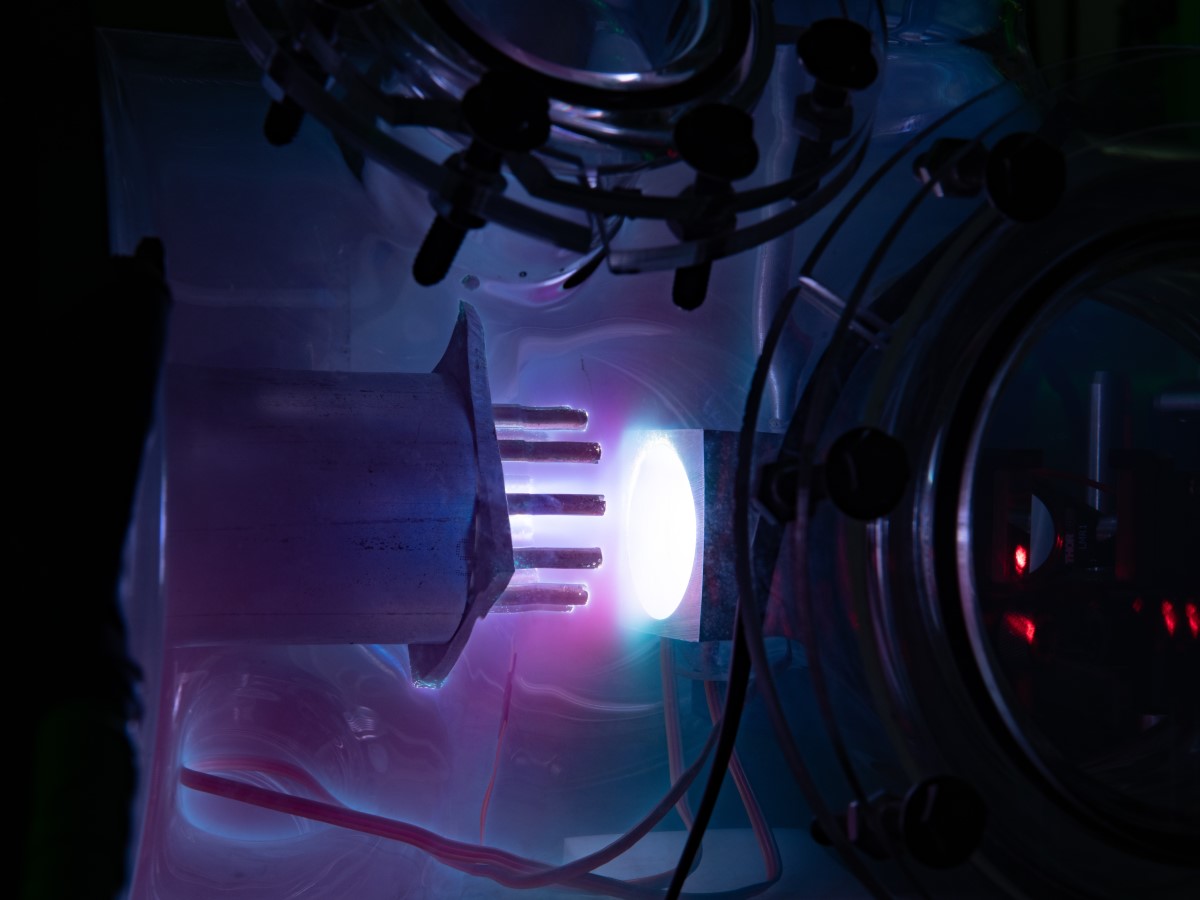
Aerospace engineer Thomas Underwood is studying many applications of plasmas, which involve the infusion of electrical energy into gases.
-
From Boston to Austin
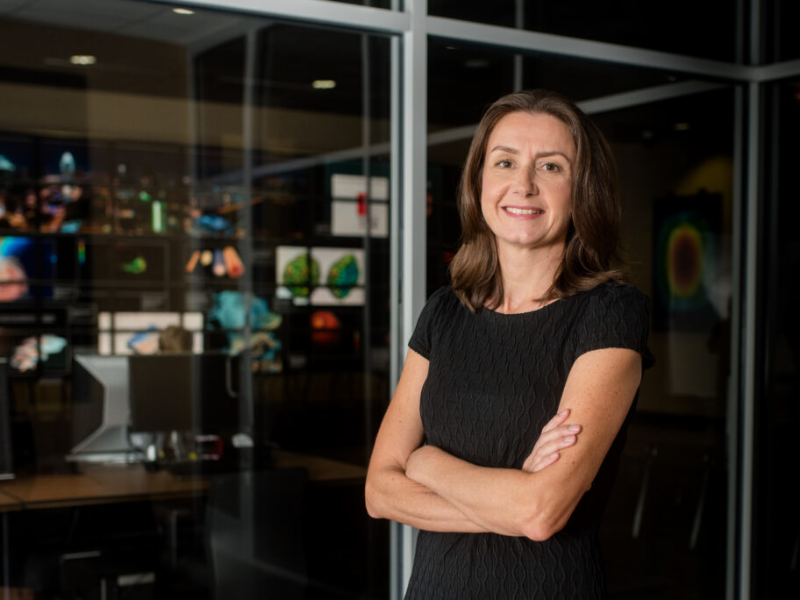
Aerospace engineer Karen Willcox departs MIT to become the new director of UT’s Institute for Computational Engineering and Sciences.
-
In Their Own Words
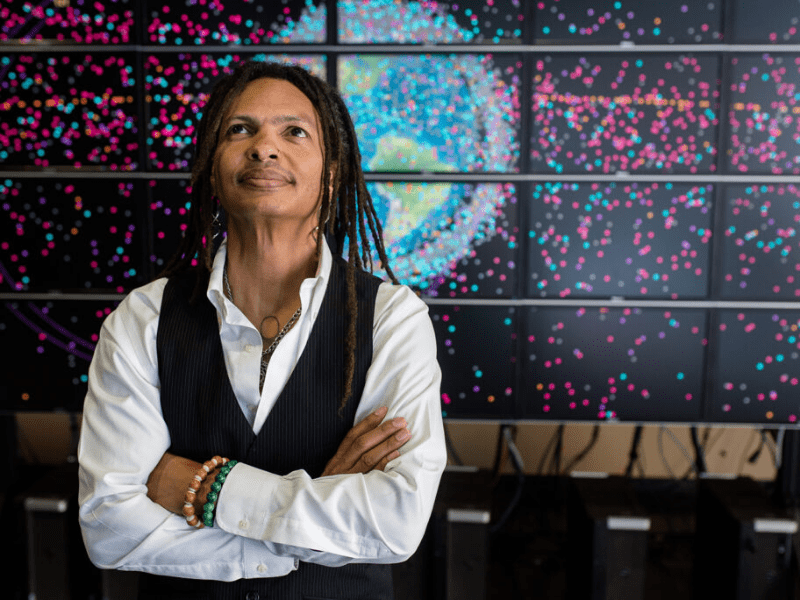
For over a decade, Moriba Jah has been on a crusade to inform the public about the growth and consequences of free-floating space debris.







